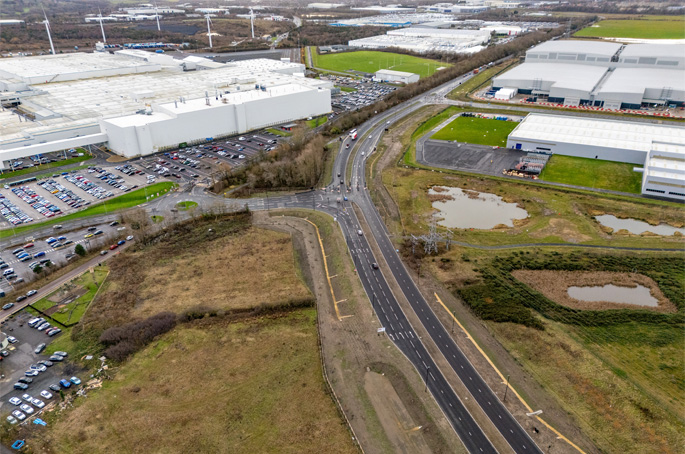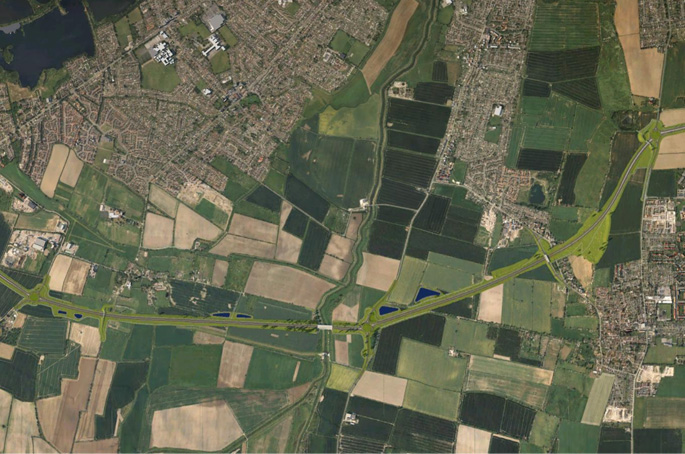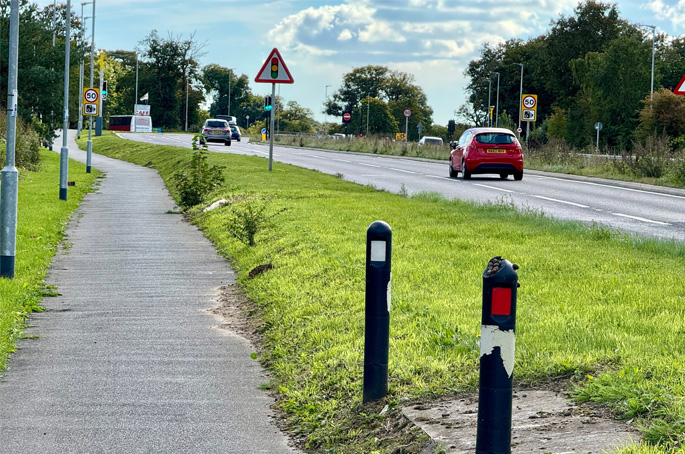Technology company Yotta has announced major upgrades to its flagship connected asset management platform, Alloy.
One of the most important changes under the V15 updated version of Alloy, is the Blueprint systems, which uses best practice asset and work-flow templates to allow organisations to move to a standardised approach.
Yotta has created over 300 Blueprints of best practice asset types and workflows, created through various inputs including available guidance documents as well as expert insights and design consultancy support.
The company's partners can create their own Blueprints based upon their expertise and the frameworks can also be specialised to represent best practice within a certain region.
A Blueprint for pavement for instance might include best practice designs, appropriate measurements, asset lists and materials advice. A particular workflow process could also become a Blueprint under the new Alloy system.
Developed through consultation with clients, the concept aims to deliver ‘repeatable best practice asset management capabilities' Yotta said and will continue to ‘grow and expand'.
Manish Jethwa, CTO and head of product at Yotta: ‘We knew there were exciting new technologies that we wanted to use to make Alloy even better and in implementing these we listened closely and took on board customer feedback. That resulted in us building out the concept of Blueprints as a way for customers to save money and shorten the time to benefit.
‘We currently have over 300 pre-defined designs and we expect that to continue to grow from the ones we build ourselves, but also the Blueprints our technology partners build out.'
Mr Jethwa added: ‘Blueprints is a major enhancement to the software and asset management in general, and along with the work we have done with the workflows and the data visualisation, we are confident will bring far-reaching benefits to our customers both today and long into the future.'
Other enhancements and improvements in V15 include improvements to the mapping and query systems - allowing accessible data sets and faster processing despite the huge amounts of information the system is taking in.
The Data Explorer element of Alloy has been improved to help users efficiently and quickly handle and visualise large data sets.
The Alloy mobile application is now available on Android and Apple platforms.
































